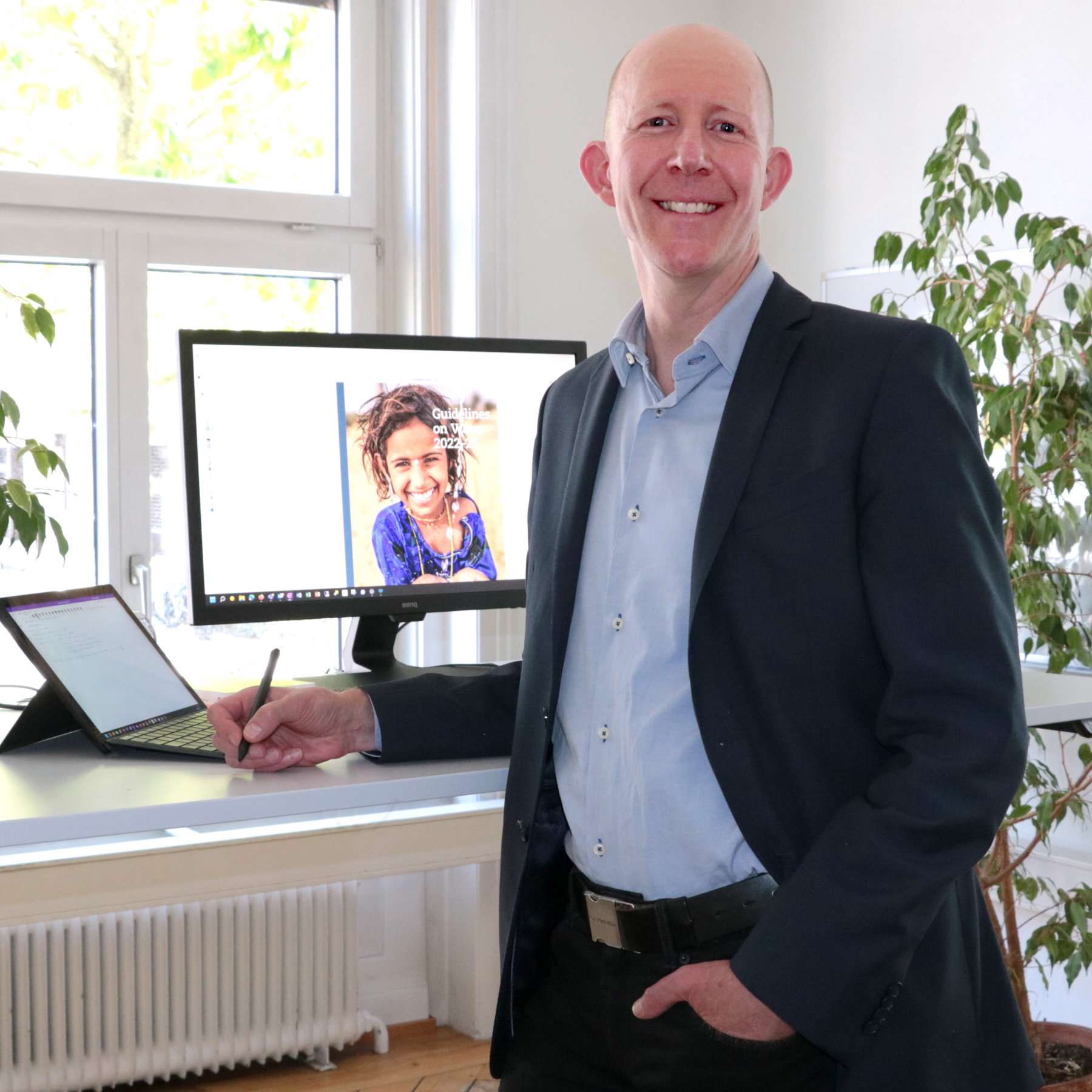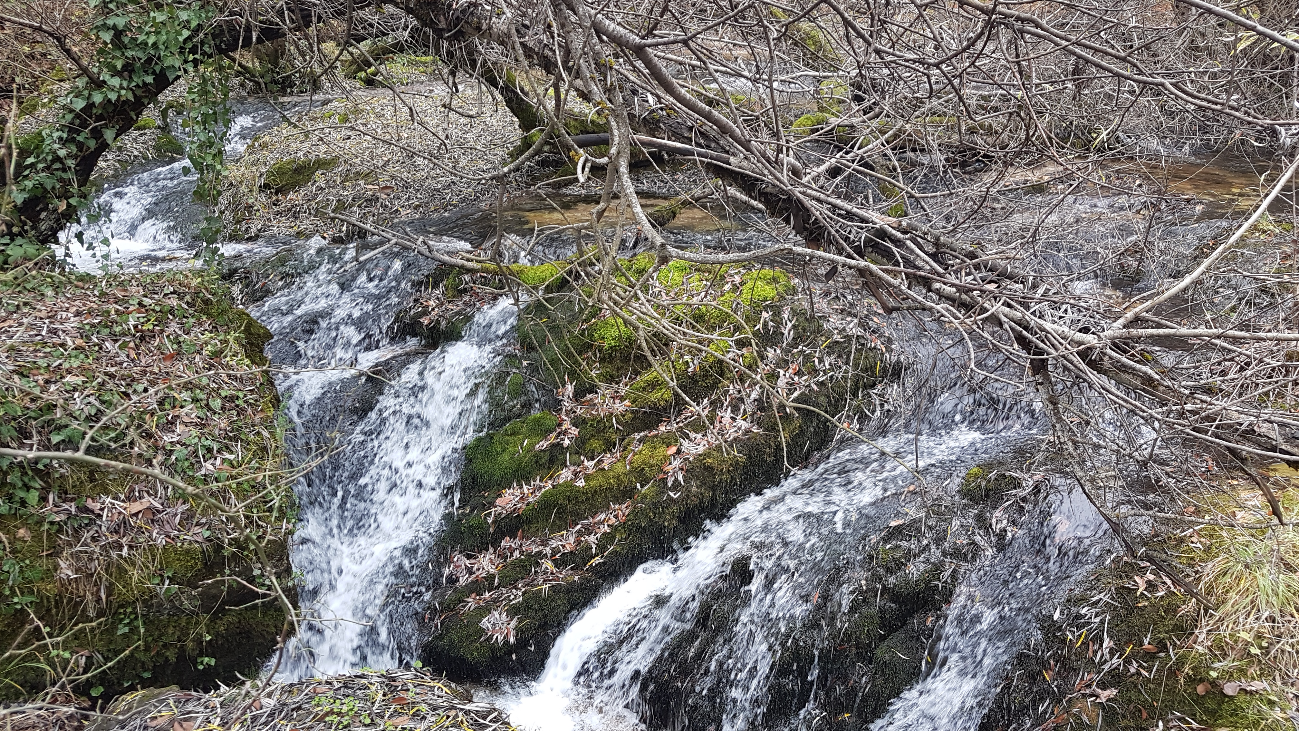
Groundwater Management, Use and Protection Programme (GWP) in North Macedonia – Phase 1
Location
Country-wide, Republic North Macedonia
project period
01.01.2024 – 31.12.2027
client
SDC – Embassy of Switzerland in North Macedonia
Services provided
Project implementation
Partner organisation
Ministry of Environment and Physical Planning (MoEPP)
Ministry of Agriculture, Forestry and Water Economy (MoAFWE)
Hydrometeorological Services (HMS)
Ministry of Health (MoH)
Ministry of Energy, Mining and Mineral Re-sources (MoEMMR)
Geological Survey (GS)
Civica Mobilitas
Association of the Units of Local Self-Government in North Macedonia (ZELS)
National Association of Providers of Communal Services (ADKOM)
Ohers: Academia, Civil Society Organisation, Large private and industry companies
Project website
Although groundwater in North Macedonia is of high strategic importance (e.g. as source of 77% of the drinking water supply), it has not been recognised as such and is therefore not adequately used, managed and protected. The responsible institutions do not have sufficient and adequate capacity; there is a lack of background information, knowledge and tools for the protection, planning and monitoring of water resources and the legal framework is incomplete. In addition, low awareness of the status of water is reflected in low public pressure and weak mobilisation of the public and civil society on groundwater management issues.
The Swiss-funded Groundwater Management, Use and Protection Programme (GWP) aims to build long-lasting water governance capacities at national and local levels so that North Macedonia can take appropriate and effective actions to sustainably manage its water resources to achieve its social and economic development goals while avoiding irreversible degradation of its aquifer systems. The overall objective of the GWP is to strengthen relevant authorities and raise awareness among civil society to implement the provisions of an integrated framework coherent with the requirements of the EU environmental acquis for the sustainable management of water resources in a changing climate.
Phase 1 is designed to establish the basis for a long-term transformation of surface and groundwater management. The development of the Vardar River Basin Management Plan, covering about 80% of the total water bodies (68 out of 80 municipalities with around 86% of country population), will be used as the main tool, for capacity development of national and local institutions and awareness raising.
Phase 1 shall create the institutional and legal conditions and the knowledge base for managing water resources in an integrated manner. This is to be achieved through three outcomes:
- Outcome 1: Key institutions and stakeholders (public, private, civil sector) have increased access to skills and knowledge in the field of integrated and sustainable water resources management.
- Outcome 2: A more conducive legal and regulatory framework for integrated water resources management is developed by competent ministries.
- Outcome 3: The conditions for better planning and management of water resources in the Vardar River Basin are in place.
The expected results of Phase 1 include (a) strengthening the competencies of key institutions and stakeholders for integrated and sustainable surface and groundwater management; (b) harmonizing and consolidating the legal framework; (c) supporting the development of the Vardar River Basin Management Plan; and (d) implementing pilot projects with farmers, public utilities, the private sector and municipalities.
To maintain a strong support to the GWP and increase the Government’s support, a dedicated national Permanent Working Group on Water Resources Management (PWG-WRM) will be established as mechanism for collaboration and active stakeholder participation for the design and selection of priority actions in all programmatic fields. Three Ad-hoc Groups (AG), receiving their mandate from and report-ing to the PWG-WRM, will work on the following areas: a) Education and Awareness; b) Legislation and Institutions; and c) River Basin Management. The AGs will exchange, agree, and propose specific thematic changes, reforms, and activities to the PWG-WRM, and oversee their implementation. The Programme will also ensure coordination with other donors and contribute to joint policy dialogue and to the on-going process to align with EU standards and acquis.
The GWP target group includes institutions at central governmental level, research and academia as well as local institutions (e.g. municipalities, public utilities), civil society organisations and the private sector.






